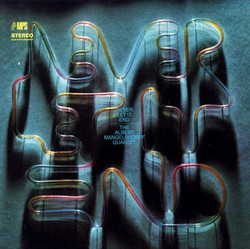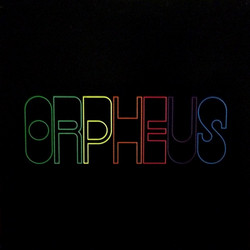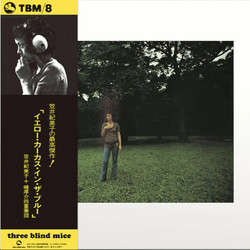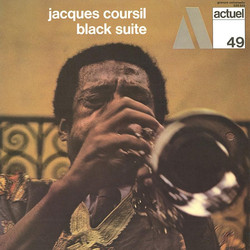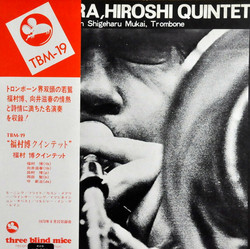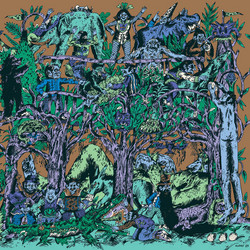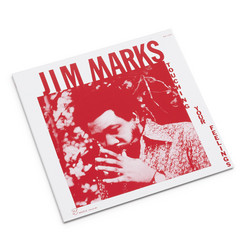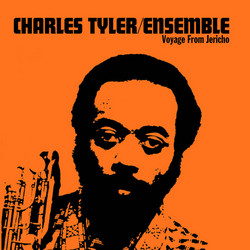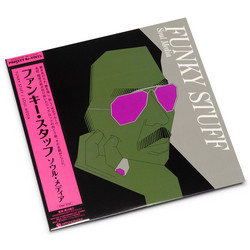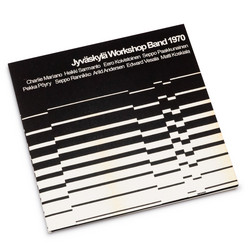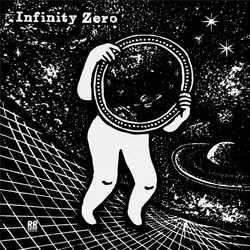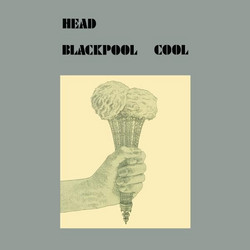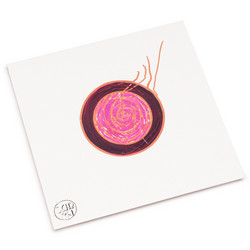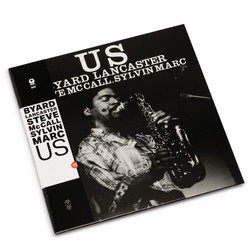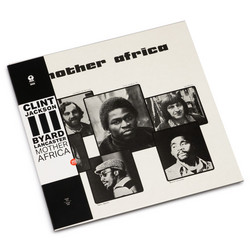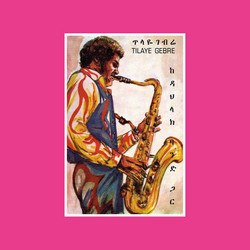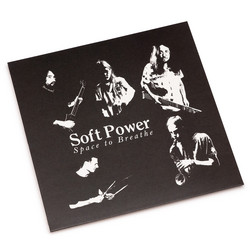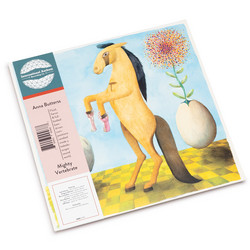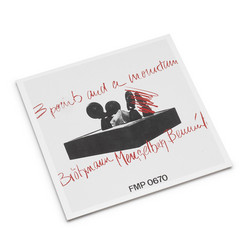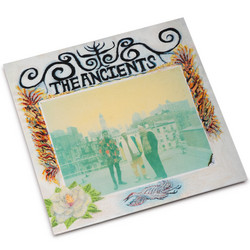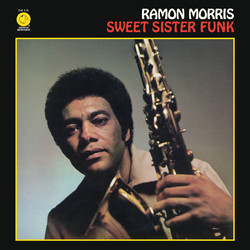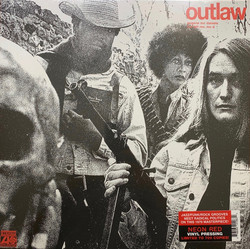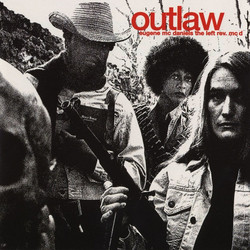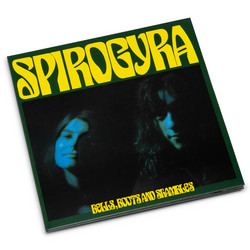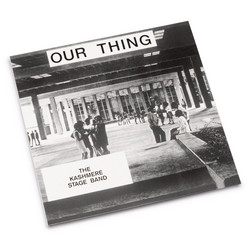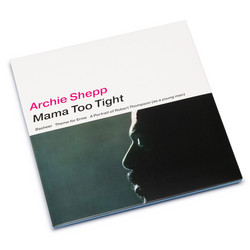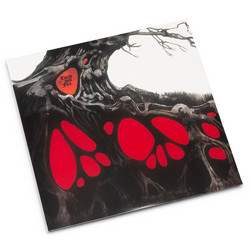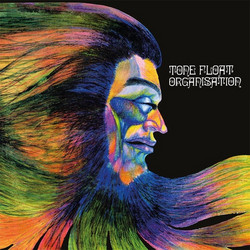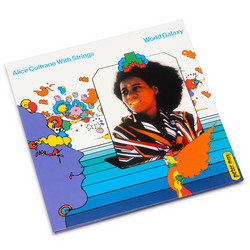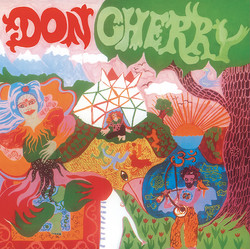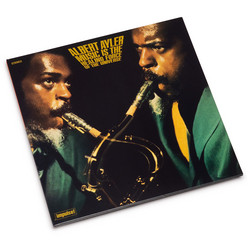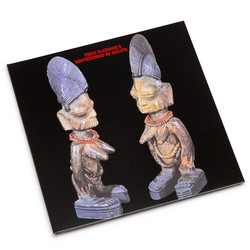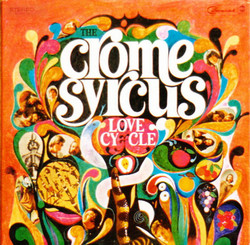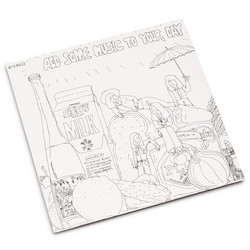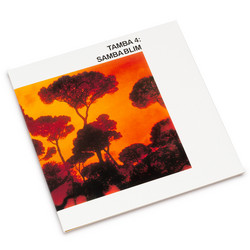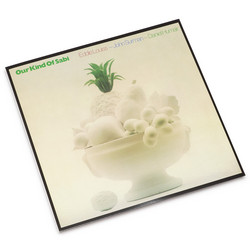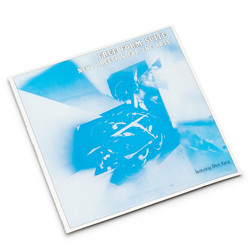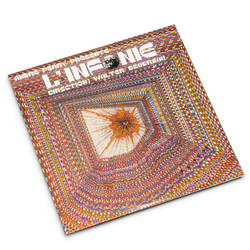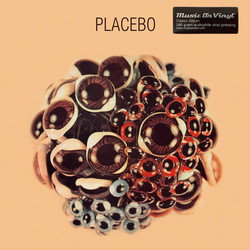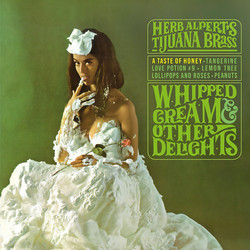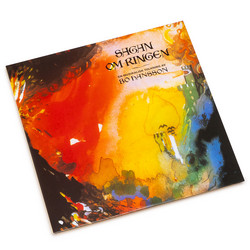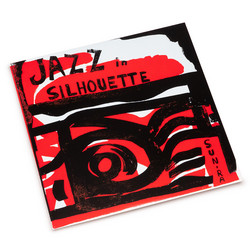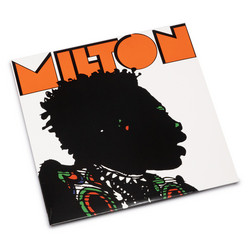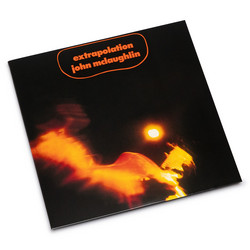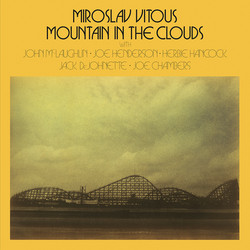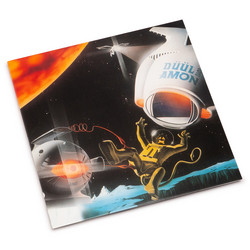With the release of Headless Heroes of the Apocalypse, Eugene McDaniels delivered a project that not only distilled the aesthetic restlessness of the early 70s but also functioned as a vibrant critique of power structures and social dynamics. Steeped in the spirit of burgeoning black consciousness movements, McDaniels’s songwriting pursues the seams between protest and poetry, summoning a blend of witty wordplay, caustic observation, and a deep sense of groove. Tracks like “Jagger the Dagger” and “Lovin’ Man” ripple with psychedelic energy, while the title track reminds listeners of the deeper narratives lurking beneath society’s surface. These grooves are the vehicle for stories of oppression and resistance, articulating both personal and collective experience in equal measure.
The album’s personnel, including pianist Harry Whitaker, drummer Alphonse Mouzon, and bassist Gary King, channel the propulsive spirit and dynamic pulse of post-bop and funk, lending the record a uniquely forceful vitality. Arrangements slip between wild improvisation and careful songcraft, allowing McDaniels to move fluidly from biting satire to moments of raw soul reflection. The record’s sense of urgency saw it draw the ire of the Nixon administration, leading to McDaniels’ blacklisting - a testament to the potency of its message.
Recognition of Headless Heroes of the Apocalypse has only grown over time, with its influence resonating throughout the work of hip hop artists and producers who have continually drawn samples from its labyrinth of grooves. The record occupies a distinctive niche in American music - soulful yet angry, sophisticated in musicianship yet always direct in impact. It is equally admired by crate-diggers, jazz heads, and cultural critics, a timeless reminder of when pop music dared to interrogate the status quo while sounding defiantly, mischievously alive.
